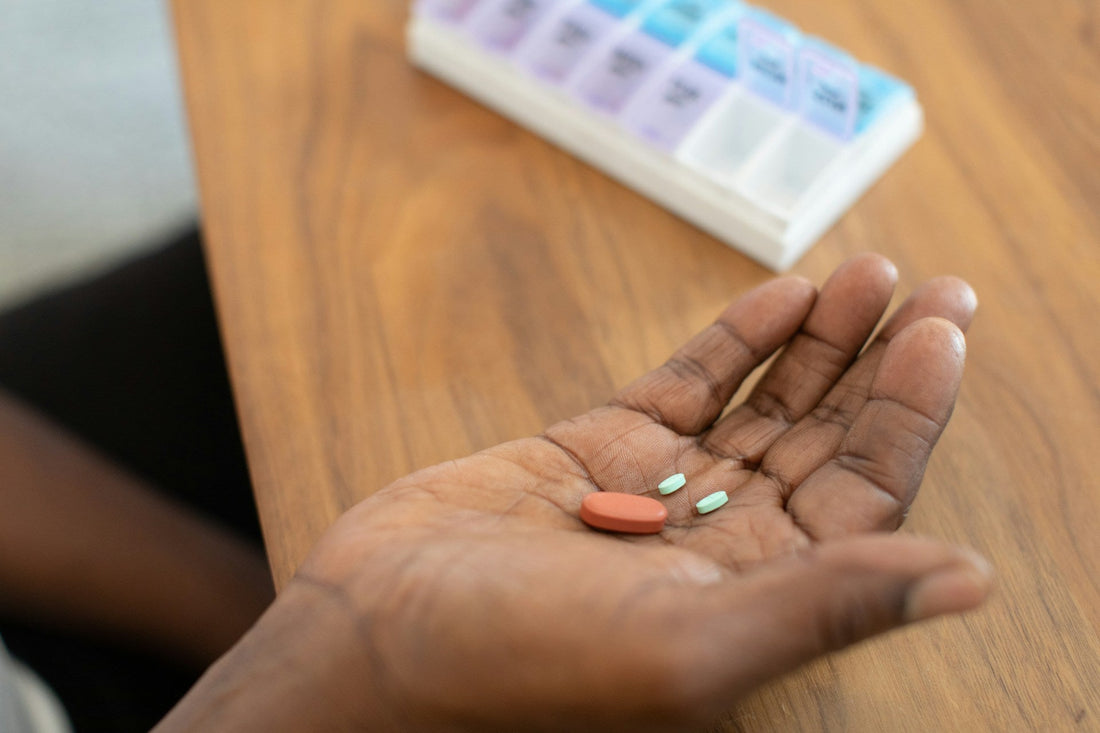Do I Need Medication for a Sleep Disorder?
Everyone is entitled to a good night's sleep. But that doesn't mean that sleep comes easily for everyone. In fact, an estimated 50 to 70 million Americans face a sleep disorder. 33% of Americans have trouble getting to sleep each night.
For many people, getting a good night of sleep is far from a given. Sleep disorders can negatively impact sleep health and keep you from finding your healthiest possible sleep pattern.
What is a Sleep Disorder?
A sleep disorder, also known as a sleep disturbance or sleep condition, is a medical or psychological condition that disrupts normal sleep patterns. Sleep disorders can affect the quality, duration, timing, or regularity of sleep. It can prevent you from getting to sleep, falling asleep, or staying asleep. It can also prevent you from experiencing the full benefits of restorative sleep. These conditions can significantly impact overall health, well-being, and daily productivity.
There are more than 80 different sleep disorders. Here are some of the most common ones:
- Insomnia: Difficulty falling asleep, staying asleep, or waking up too early and not being able to return to sleep. Can be acute (short-term) or chronic (long-term) and often causes daytime fatigue, irritability, and impaired cognitive function.
- Sleep apnea: A condition where breathing is interrupted repeatedly during sleep. It can lead to loud snoring, frequent awakenings, and serious health issues. Types include obstructive sleep apnea and central sleep apnea.
- Narcolepsy: Neurological disorder with excessive daytime sleepiness and sudden episodes of falling asleep. May include cataplexy, hallucinations, and sleep paralysis.
- Parasomnias: Abnormal behaviors during sleep such as sleepwalking, night terrors, and REM sleep behavior disorder.
- Restless leg syndrome (RLS): Irresistible urge to move legs, often causing sleep disruptions.
- Hypersomnia: Excessive daytime sleepiness and prolonged nighttime sleep, including idiopathic hypersomnia and Kleine-Levin syndrome.
Other sleep disorders include sleep-related eating disorder and non-24-hour sleep-wake disorder.
How Do Doctors Treat Sleep Disorders?
Doctors consider your complete health profile before recommending treatments, as each sleep disorder and patient is unique.
Diagnosis is the first step. Expect your doctor to ask about your sleep environment, daily routines, and sleep quality. They may also inquire about lifestyle factors like caffeine intake, diet, exercise, nicotine/alcohol use, and blue light exposure, as these can influence sleep disorders.
Treatment options may include:
- Lifestyle and behavioral recommendations: Maintaining a regular sleep schedule, creating a comfortable environment, and avoiding stimulants before bedtime.
- Cognitive Behavioral Therapy for Insomnia (CBT-I): Structured therapy addressing thoughts and behaviors that contribute to sleep problems.
- Prescription medication: Such as sedative-hypnotics like benzodiazepines.
- Melatonin supplements: For regulating sleep-wake cycles, sometimes used for delayed sleep phase disorder.
- Continuous Positive Airway Pressure (CPAP) therapy: Common for obstructive sleep apnea, keeping airways open with a mask during sleep.
- Light therapy: Also called phototherapy, for circadian rhythm disorders like seasonal affective disorder or shift work sleep disorder.
In complex cases, doctors may refer you to a sleep specialist for tailored recommendations.
Do I Need Medication for My Sleep Disorder?
Some cases require medication alongside therapy and lifestyle modifications.
Common medications include:
- Anti-Parkinsonian drugs: Treat RLS and nocturnal myoclonus syndrome, which causes jerking leg movements during sleep.
- Benzodiazepines: Hypnotics like alprazolam, Lorazepam, and clonazepam for parasomnias.
- Anticonvulsants: For RLS or insomnia related to bipolar disorder, e.g., carbamazepine and valproate.
- Antinarcoleptics: For excessive daytime drowsiness, e.g., methylphenidate and modafinil.
- Over-the-counter (OTC) sleep medications: Mild medications available without prescription. Antihistamines are common OTC options but may cause daytime drowsiness.
